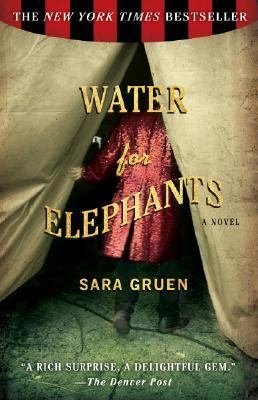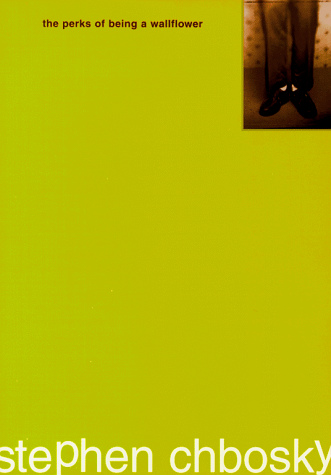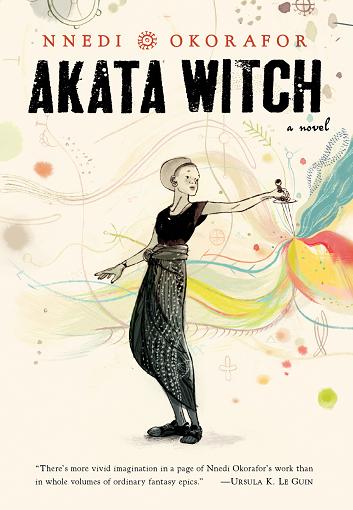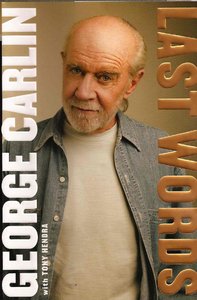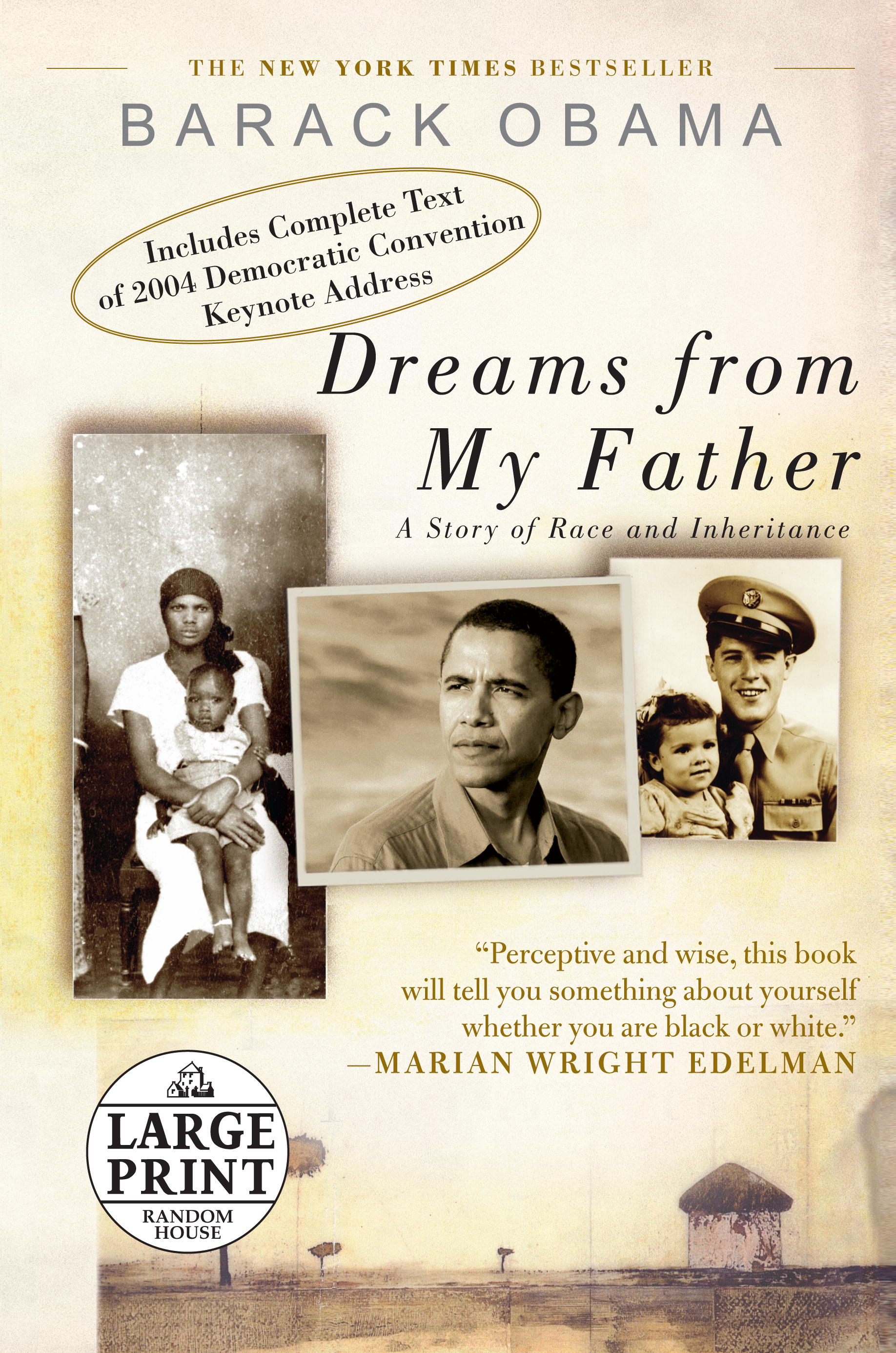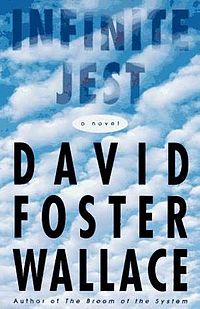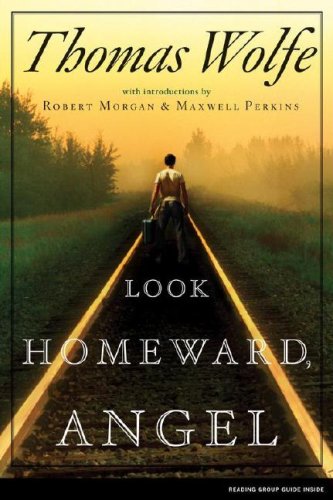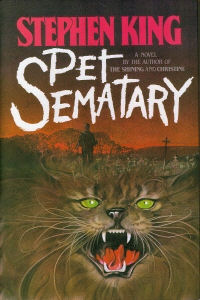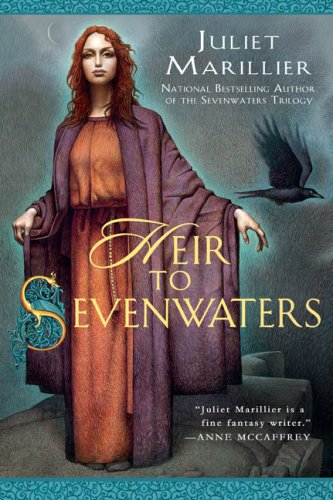|
|
In This Issue
Elementary, My Dear Reader: Sherlock Holmes in
Literature and Film
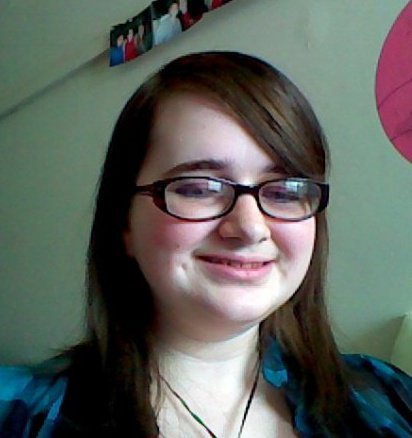 by Katie
Struck by Katie
Struck
Intelligence is the most attractive quality that a
person can possess. People that think critically and
use their knowledge to better the world outlast
those who only rely on outer appearances or
superficial qualities. Sherlock Holmes is one of
those iconic characters that shows what some
critical thought and reasoning can accomplish. In
fact, he’s such an iconic character that other
popular characters in pop culture have been based on
him such as The Doctor from
Doctor Who,
Shawn from
Psych, and Dr. House from
House.
There will also be a second Sherlock Holmes movie,
Sherlock
Holmes: A Game of Shadows, coming out on
December 16th, 2012 which is the sequel to
Sherlock
Holmes. In anticipation of this mystery action
flick, enjoy my thoughts on how the classic Sherlock
Holmes character from Doyle’s short stories evolved
into the revamped movie character.
Since Sherlock Holmes is an
extremely intelligent man who rejects emotions, he
does not make many close friends; however, the best
friendship of Watson and Holmes in the both short
and the movie is a very caring relationship built on
mutual trust and respect. Holmes regularly asks for
Watson’s thoughts on clues and encourages Watson
when he says that there is no way he could infer
information like Holmes does. Also, they call each
other “brother” and “my dear fellow” showing that
they are more than just friends--they’re family.
While both men seem to live separate but connected
lives in the short stories, Holmes seems less
willing to part with Watson in the movie. He even
bribes a fortune teller to tell Watson that his
marriage to Mary will be filled with horrific
doilies, warts, and figurines. Watson expresses his
annoyance at Holmes’ immaturity, but still follows
Holmes to the slaughterhouse to help him. In the
end, both men would be there for each other when it
is important even if it means risking their lives
for each other.
Sherlock Holmes is a man who
uses his wit and intelligence as weapons to catch
criminals and solve mysteries; as a private
consultant, Holmes sees his fair share of violence.
In the short stories, Holmes encourages Watson to
bring his army pistol with him when they run into
trouble, but Holmes does not really rely on weapons.
He can knock a gun out of someone’s hand if he needs
to, but he’s not a physical fighter. He fights
people with logic. On the other hand, Holmes in the
movie seems to revel in his martial arts skills. In
one of the beginning clips of the movie, Holmes
immobilizes three characters through sequentially
plotting how to injure them in the fastest, most
effective way possible. He also ends up beating
people with police sticks and boxing for money. This
decision by filmmakers may have been an attempt to
make a heavily intellectual character more
traditionally tough and violent. While I love a
well-choreographed fight scene every now and then,
the movie may have been more palatable to me without
turning one of my favorite characters into just
another action hero.
One quirk that Sherlock Holmes
is famous for is focusing on the small details and
his logic to solve large mysteries. In the short
stories, he constantly surprises strangers by
knowing details about them that they thought would
not be obvious through Holmes’ powers of observation
and deduction. He knows where people have travelled
from the mud splatters on their clothes. He
theorizes about suspect’s marriage satisfaction from
whether their clothes seem clean or not. Finally, he
sees a person’s class status in their handwriting.
This quirk of Sherlock Holmes’ translates well from
books to the movie. There is a scene where Holmes,
Watson, and Watson’s fiancé are at a restaurant and
Watson’s fiancé questions whether Holmes can really
learn that much about a stranger from small,
observable details. Holmes then proceeds to deduce
that Watson’s fiancé is a governess with a tall
pupil who flicked ink at her. Also, he correctly
stated that her pupil’s mother lent her a ruby and
diamond necklace to wear because of her son’s
behavior. He only made a mistake when he incorrectly
assumed that she had left her previous fiancé when
in reality her previous fiancé had died. It’s
somewhat comforting that even a great mind like
Sherlock Holmes' can make large errors of judgment.
Although I prefer the
traditional Sherlock Holmes character, I do have a
fondness for his modern reincarnations. In
Doctor Who,
I see the Doctor’s heightened intelligence in
solving problems and his concern for his companions
as reflective as Holmes’s wide range of knowledge
and his concern for Watson. I can watch
Psych and
laugh at Shawn’s attempts to dramatically disguise
observational skills as psychic powers. In
House, I
can revel in the strange seemingly unexplainable
symptoms and diseases of patients the Dr. House has
to decide how to treat. Finally, I look forward to
seeing
Sherlock Holmes: A Game of Shadows in theaters
and seeing the continued celebration of logic and
reasoning.
|
Why
We Study English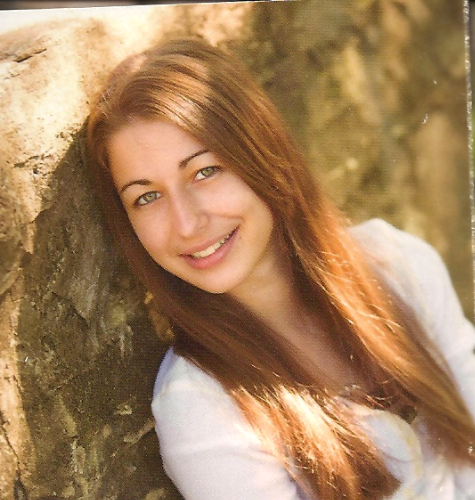
by
Stevie Croisant
I remember sitting in
Mr. Keener’s World Literature class my
senior year of high school thinking about
graduation and waiting to begin my life
officially as an English major. I would have
never guessed that a year and half later
just the sight of my English books would
bring a look of pain to my face. Granted, it
is finals week. Actually, I’m pretty sure I
enjoyed my survey classes, and any other
time I noticed those books, I did not have
any odd looks on my face. It is rough at the
end of the year though. Not only am I going
crazy from all the stress of writing papers
and staying in the library until I get
kicked out at midnight, but all my friends
are going crazy too. All we can think about
is going home, eating lots of home-cooked
meals, and unwrapping Christmas gifts
(preferably cards with lots of money in
them).
However, wanting to
leave for Christmas break is not the focus
of what appears to be a rant. My focus:
telling you all about the thing we love so
much. English.
Well first of all, what
is it like being an English major? We all
know the drill. You come home for holidays
and your relatives always ask what you are
majoring in at college. As soon as you say
English, you get one of two responses. The
first being, “Well what do you plan on doing
with that?” and the second being, “Well, my
son is going to be a doctor.
He
will get a job right away.” And honestly,
those responses are horribly annoying.
Little do our relatives know that, according
to studentsreview.com, the
average English major has a salary of
approximately
$93,000 per year. Granted the average doctor
makes about $360,000 per year, but
$93,000 a year is still enough to get me
that convertible I’ve been eyeing…
So the students who
dwell in HT might end up making more than us
one day, but we do have an advantage over
them. What happens if you’re a doctor and
you just happen to have a different opinion
than the doctor who is operating next to
you? Well, that is probably one of the
reasons they have anesthesiologists- to
black out the patients so they can’t hear
the doctors arguing while there’s still a
scalpel in their hands. That’s the thing-
doctors absolutely cannot be wrong. One
mistake and someone dies or someone almost
dies, and then there is a huge lawsuit on
their hands.
What happens then if an
English major disagrees with a fellow
English major? Exactly. We get hypotheses
and theories about absolutely everything.
Nothing (besides a few grammar rules) is
exact in English. We get to set up our own
opinions and back them up with evidence that
we interpret ourselves. Despite all our
arguing, it all comes down to a matter of
opinion. We only need to know how to support
those opinions, and then no one can tear
them down. Others can disagree, but
perspectives are always changing. A paper
that was deemed truth fifty years ago may
have already been picked apart. Everything
is called into question. No one has to be
right. You don’t have to agree with anyone.
We study a major that is always transforming
and always progressing.
Never forget that
you’re an English major. You may have taken
up this major because you enjoy reading or
writing. English isn’t just reading and
writing. It’s analyzing. As soon as you
learn to master that skill, then you will
always be an apple seed. In my honors class,
Professor Watson taught us to become a bee
and not a spider (you can ask him about that
if you want to know more), but frankly, I
don’t like bugs, so I made up my own words
of wisdom. Be an apple seed. In an apple,
there are usually less than ten seeds. Seeds
are rare. The whole apple is surrounded by
the flesh of the apple. Just as there are
very few seeds in comparison with the flesh,
there are very few people who have the
genius that only an English major can learn.
The flesh of the apple is more common and
only good for consumption. No one can gain
anything from just the flesh alone. Be
smart, be analytical, broaden your
knowledge, and be a seed so you can grow
your own tree of knowledge.
|
|
|
|
|
The Best Thing I Ever Did for my Education was Leave Monmouth for a
Year
 by
Alex Nall by
Alex Nall
Earlier this year I wrote about my experiences
on the ACM Florence/London Program. I had only great things to say
about the program and the countries I toured while studying abroad.
I am currently participating in another “study-abroad” program
(although, compared to my last adventure overseas, the term
“study-abroad” really holds no meaning here). The ACM Chicago
Program—like the Florence/London, or any ACM Program for that
matter—allows students at Monmouth College to get out of the
closed-off social bubble they have lived in and explore the world
and invest in different cultures. Chicago is the third largest city
in the United States, population-wise. Everything from the people,
the culture, the diverse neighborhoods, language and never-ending
list of weekend activities, Chicago is the perfect place for
students to look into as they consider their options after college.
This is the secret that ACM does not advertise boldly in their
pamphlets: these programs are designated not only to get you
actively participating in a different culture (Yes, Chicago
definitely has its own culture just like Florence, India or Botswana
does) but more importantly, these programs orient students towards
thinking about where they want to live, what field they want to
study and the connections needed to get into that field after
graduation.
One of the aspects that I’m really grateful
that the program expects is a fulfilled internship with your site of
choice. While taking classes and working on independent projects,
students attend an internship site and work 9-5 hour workdays,
gaining valuable experience for their futures every day. I work at
Open Books, a literacy advocate and non-profit social venture that
offers a variety of literacy-based programs to students in
Elementary, Junior High and High School students in the city. I work
as a Book Buddies Site Leader. I go to schools and together, with
the help of committed volunteers, we help third-graders improve
their vocabulary, comprehension skills and overall enthusiasm for
reading. The job can sometimes be stressful, but the rewards are
more impacting than I have ever felt in any other work environment.
Unlike working at a grocery store where a transaction is made, this
job has given me the satisfaction of becoming a role model and an
educator to unprivileged youth. With only two and a half weeks left
in the program, I have had time to reflect on what accomplishments
I’ve made in the direction towards understanding what I’m going to
do with my degree in English come May. Even if I do not decide to go
into teaching, I have gained experience with kids and gotten a much
better understanding of effective methods of teaching kids as well
as the harsh reality of how hard it is to get some kids to pick up a
book.
I did not go on the Chicago Program because I
wanted to skip out on a semester of classes at Monmouth; I came on
board this program because if I knew that if the Chicago Program was
anything like the experience I had in Europe, I knew I would leave
with just as much confidence and preparation for my future. Any one
of these programs has opportunities available for students who have
no clue what they want to do after college. Once again, all I can
say to those students who are baffled as to what their next move in
life is going to be, is to grab a hold of this opportunity while it
is available to you and set out to discover what you really can
handle.
|
|
|
|
Survey Says:
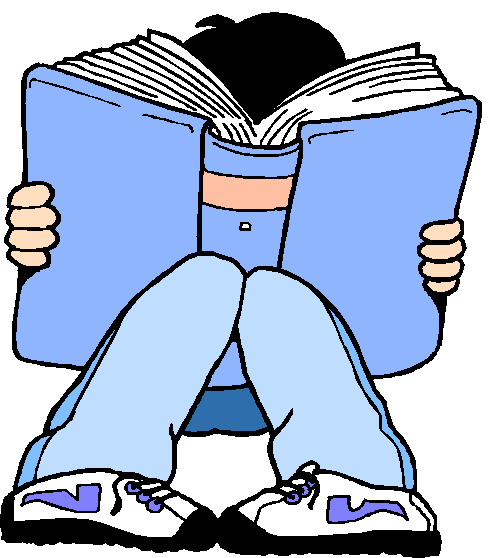
What is a book on your winter
break reading list?
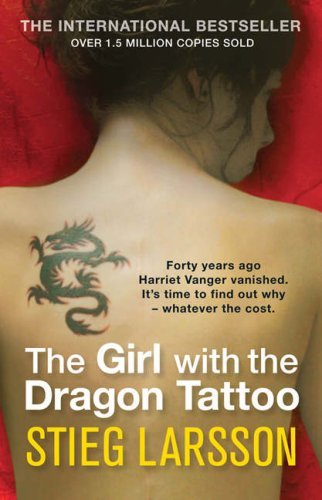
The Girl with the Dragon
Tattoo. I need to read it before it comes out in theaters!
- Stevie Croisant
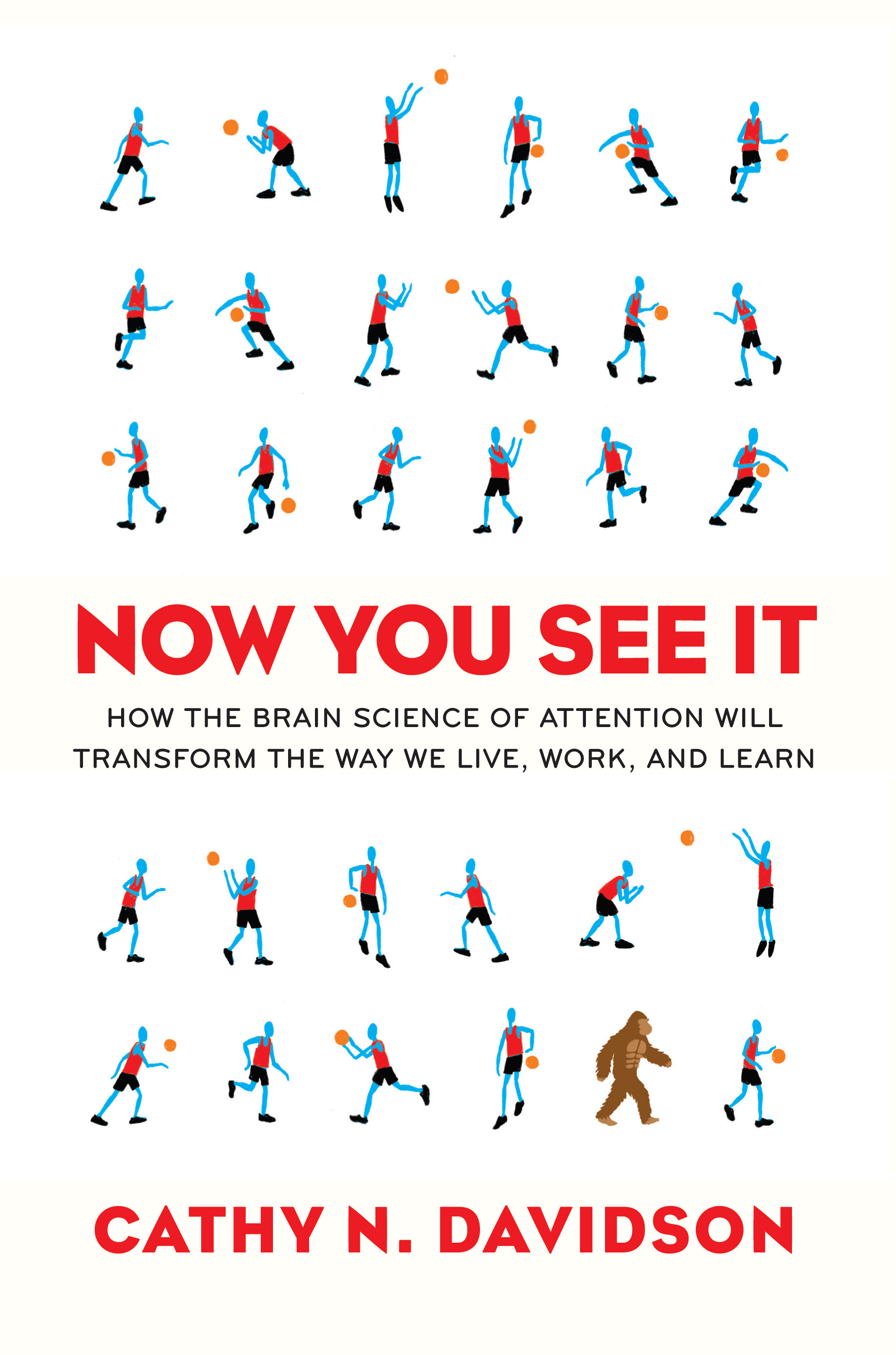
Cathy Davidson’s new book
Now You See It, and hopefully The Hunger Games, on
Erika’s recommendation!
- Bridget Draxler
|
|

|


 by Katie
Struck
by Katie
Struck
 by
Alex Nall
by
Alex Nall


